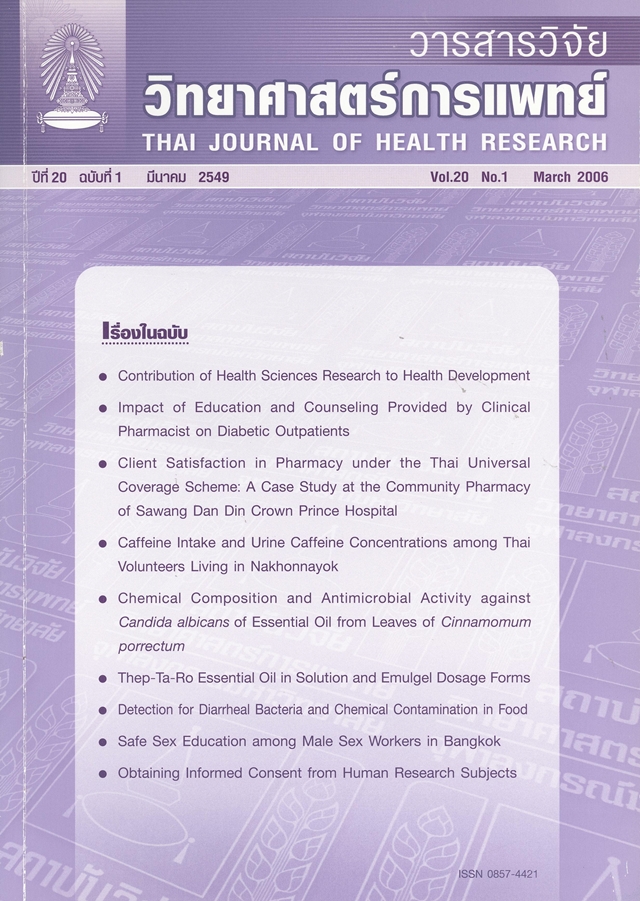Obtaining Informed Consent From Human Research Subjects
Keywords:
Inform consent, Human research, EthicsAbstract
Obtaining appropriate informed consent is necessary before any research is initiated. However, informed consent should not be seen as only a research ethic requirement, but as a moral obligation, designed to protect the basic human rights of research subjects. The primary goals of informed consent are to protect the welfare and the rights of research subjects. As the Belmont report states, the process require three key components to be ethically valid: information, understanding and voluntary agreement. The challenge of informed consent is to provide sufficient information to make an informed decision, while at the same time presenting this information in a manner that is comprehensible to the potential subject. The use of support materials, such as brochures or videos should be considered. In studies where risks may be high, field-testing of the informed consent process should be deemed prior to the study initiation. Informed consent must be obtained without coercion or undue influence. The researcher’s special cultural or intellectual status should not play a role in inducing the subject’s decision. In some circumstances, informed consent may be better obtained by a neutral party without a direct interest in the research study. In addition, vulnerable subjects may require special protection.







